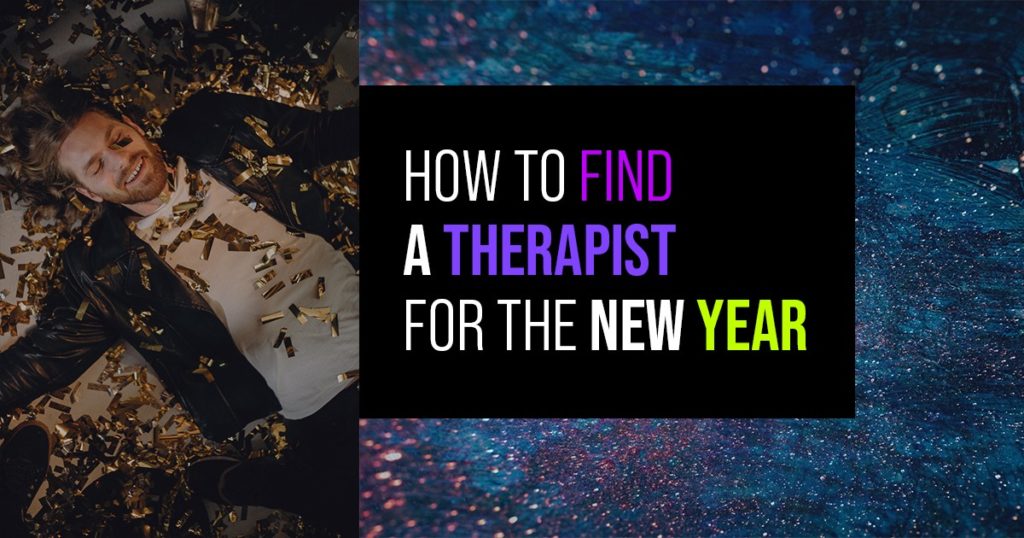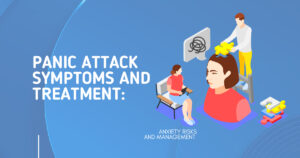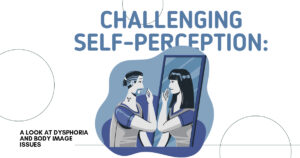A therapist is a licensed mental health professional that can help you develop emotional and cognitive skills and manage symptoms of mental health disorders. Therapists can help you cope with challenges to improve your functionality and quality of life through behavioral therapy and other specific types of therapy.
What Does a Therapist Do?
There are so many particular things your potential therapist might do, including listening and analyzing current issues, providing comfort, and diagnosing mental health conditions.
- Therapists can help you reduce mental illness symptoms, change your negative thinking patterns or behaviors, and understand yourself.
- You can also go to a therapist to solve particular conflicts, such as in your relationships, or you could go to family therapy sessions.
- A therapist can be part of healing from trauma, suicidal thoughts, grief, and other scenarios in your life involving mental health issues.
“Therapist” tends to be a broad term that often includes psychologists, counselors, and psychotherapists.
If you’re thinking about working with someone in your own life, figuring out how to find a therapist that’s right for you can feel overwhelming.
With that in mind, the following are some tips to keep in mind as far as finding a therapist that’s going to be a good fit for you.
Mental Health Center of San Diego
Do You Have Personal Preferences?
The relationship you form with your therapist or mental health counselor will ultimately be one of the main drivers of your experience. While one therapist might be highly skilled and great at what they do, that doesn’t necessarily mean they’re right for you.
Before you choose a therapist, think about personal characteristics that would make you feel more comfortable opening up.
- For example, you might have a gender or age preference.
- Some therapists also have religious affiliations.
- You might want a therapist with a particular sexual orientation
- As a patient, you might feel comfortable working with someone who understands the experiences of people of color or someone dealing with issues surrounding their gender identity.
You may not have a preference at all.
How to Start the Search
There are some places you can begin a search for mental health providers and different types of treatment:
- Get recommendations from friends or family
- Your primary care doctor can provide referrals to mental health services
- Mental health organizations often have a therapist directory typically organized by the conditions the therapist specializes in, or you can use online search tools and search engines to find a counseling center and qualified therapist in your area.
- The provider may have an online therapist directory of providers accepting different insurance plans if you have health insurance.
Often, if you plan to pay for therapy using your insurance provider, your plan’s provider network is your best initial resource. However, many therapists don’t accept reimbursement from a health insurance plan, so you can expand your search beyond that as well.
Define Your Goals
As you begin your initial search for a therapist, you want to be clear on your goals. When you know your objectives for therapy and what you hope to get from it, it can help you narrow down your options for mental health care.
Logistics
While a lot of how to find a therapist will hinge on how you feel and your instincts, there are a few logistical considerations.
We talked about insurance above. If you have insurance, you’ll have to determine if it will cover the provider you’re considering. Otherwise, most mental health specialists take payments out-of-pocket.
You should only work with a licensed therapist also. Therapists can have different credentials, which you’ll see as initials after their names. Sometimes credentials vary depending on the treatment modalities or type of treatment the professional practices. Some of the more common credentials include:
- Licensed Clinical Social Worker (LCSW)
- Licensed Marriage and Family Therapist (LMFT)
- National Certified Counselor (NCC)
- Licensed Professional Counselor (LPC)
- Doctor of Psychology (PsyD)
- Licensed Chemical Dependency Counselor (LCDC)
Every state has a licensing board and credentials system, so there may be variations.
A licensed therapist has to pass a test and background check. They have to perform many supervised hours and maintain credits through continuing education.
Mental Health Center of San Diego
General Approach
Therapists will have their own way of approaching the relationship with clients. Some therapists take on an active role in each session. Others might be more passive.
Most therapists base sessions on cognitive-behavioral therapy or CBT. CBT is a type of therapy that’s collaborative and goal-oriented.
There are other evidence-based approaches as well. For example, a person-centered therapist will help you find your own solutions rather than offering tools or techniques.
Experience
Therapists, much like doctors, tend to have an area or a few areas where they specialize. A therapist might be licensed to treat a range of issues, but that doesn’t mean they’re good at all of them.
Most therapists will focus on one area and deliver the best care in a very tailored way. For example, some therapists work primarily with patients going through grief or trauma. Others may focus on depression or anxiety disorders. Some work primarily with patients who have bipolar disorder or borderline personality disorders.
There are also relationship therapists that might use a treatment approach like psychodynamic therapy or dialectical behavior therapy.
When you’re talking to possible therapists, you should ask whether they have experience working with people who have a mental health condition similar to your own or specialized training.
Along with clinical experience, you might consider someone’s lived experience as you make a choice.
Availability
If you’re going to need intensive therapy as part of your initial sessions, you’ll have to ask about the availability someone has before you work with them. You can learn more about scheduling appointments and how far out they’re usually booked. You also have to make sure a therapist’s schedule will generally work with your own.
Have a Phone Consultation
When you have a list of perhaps a few possible providers, you should have a phone consultation, or if possible, an in-person consultation. You can ask any questions you have during this time, so prepare and write them down ahead of time.
You can go into more detail about the therapist’s experience during a phone or in-person consultation.
You should also pay attention to how you interact with one another and whether that interaction makes you feel comfortable.
A consultation usually only lasts around 15 minutes. During this time, the provider could go over a general approach they might use in your treatment plan.
Mental Health Center of San Diego
Plan For Your First Session
If you’ve chosen a mental health therapist and you’re preparing for your first session, know that you may feel a little awkward. The conversation will have to develop organically, but you should feel like you can be open and honest with the therapist.
- A therapist will set professional boundaries and not share about themselves a lot during the session.
- You can agree on a more comprehensive treatment plan and your goals. Your therapist might also have a time frame they plan to help you achieve those goals.
- Following your sessions, you should feel supported and gain a sense of hope. If you aren’t feeling like this, you perhaps should shop around for someone else.
- Red flags during sessions include a therapist who constantly watches the clock or someone who talks more than you.
The big takeaway here is that it can take time to figure out how to find a therapist and facility that’s right for you. Everyone is different, and so are their goals and preferences for a therapist. Take your time through the process.
If you’d like to learn more about choosing a well-qualified, compassionate, and professional therapist, please call (858) 258-9883 and reach out to the Mental Health Center of San Diego team.









